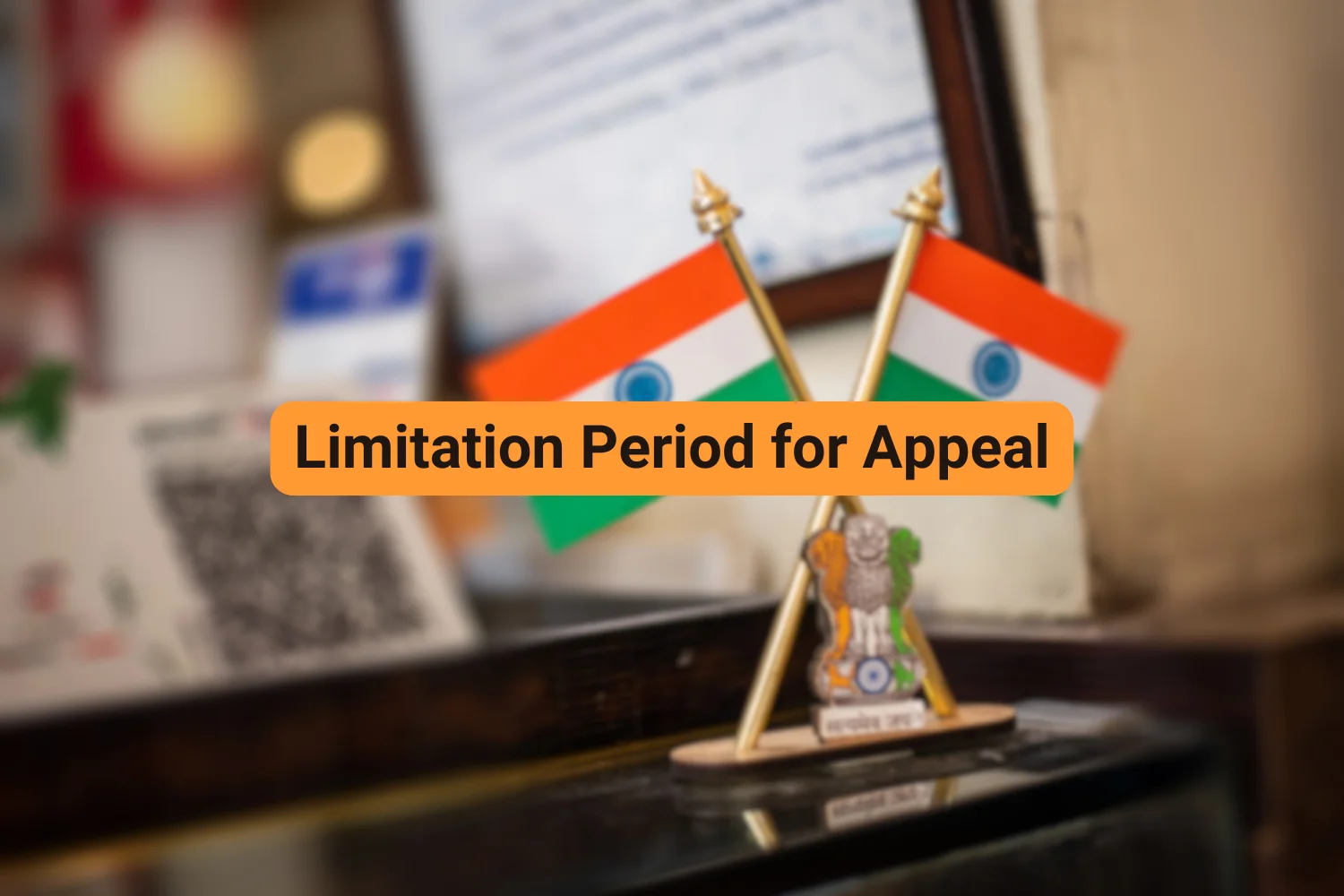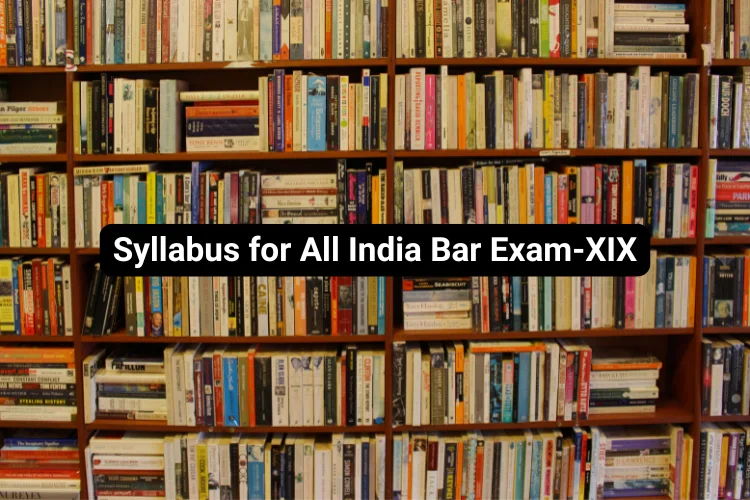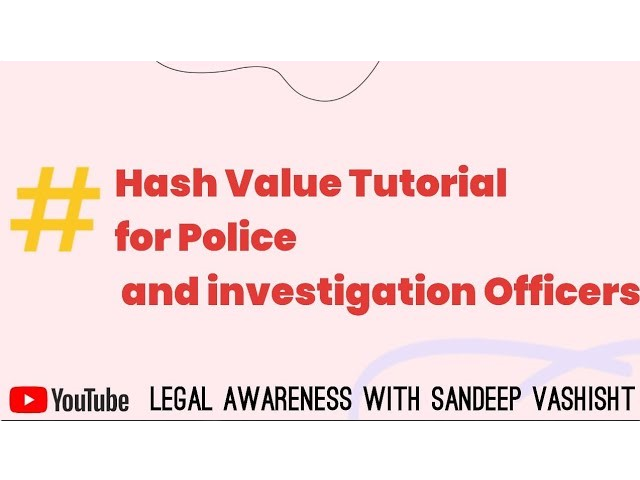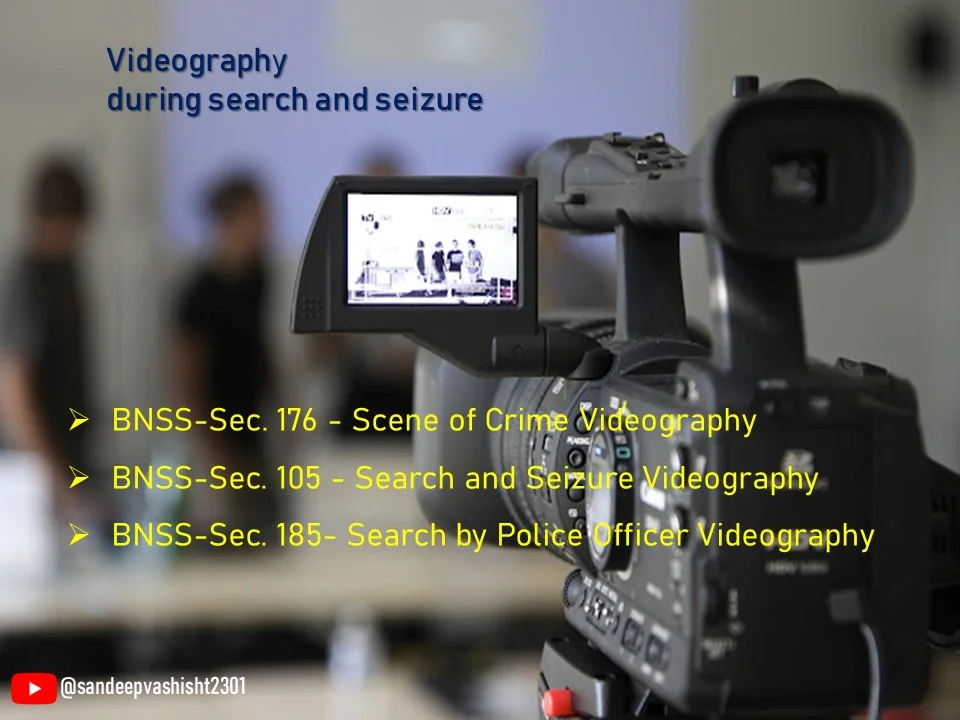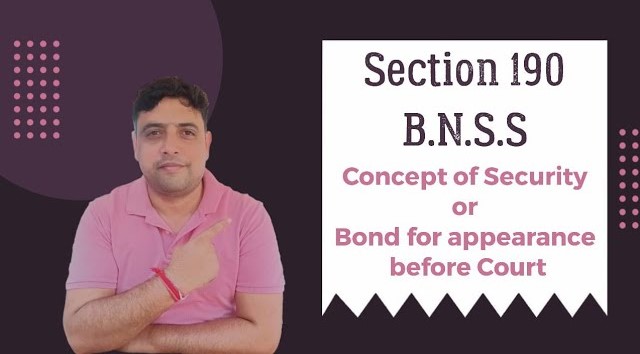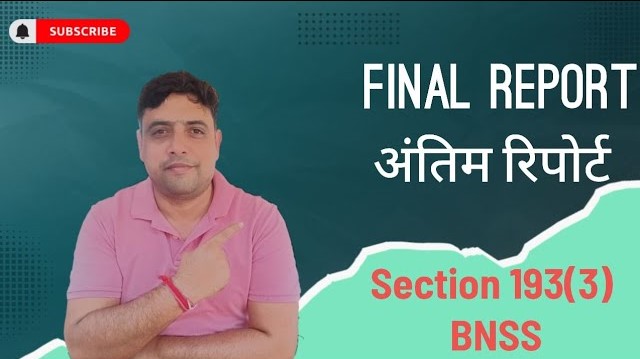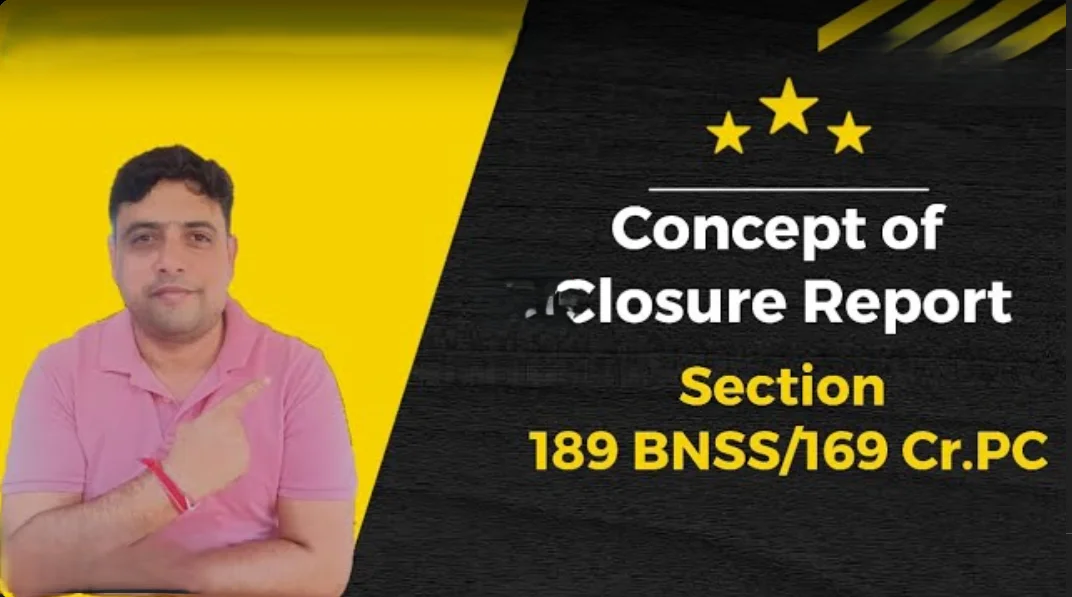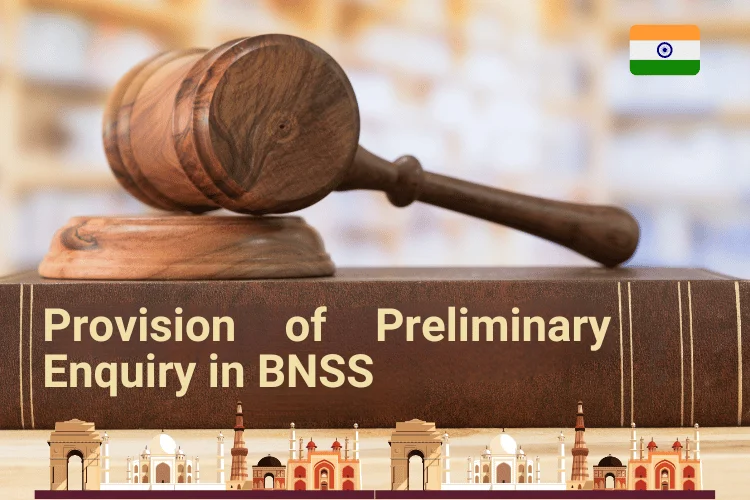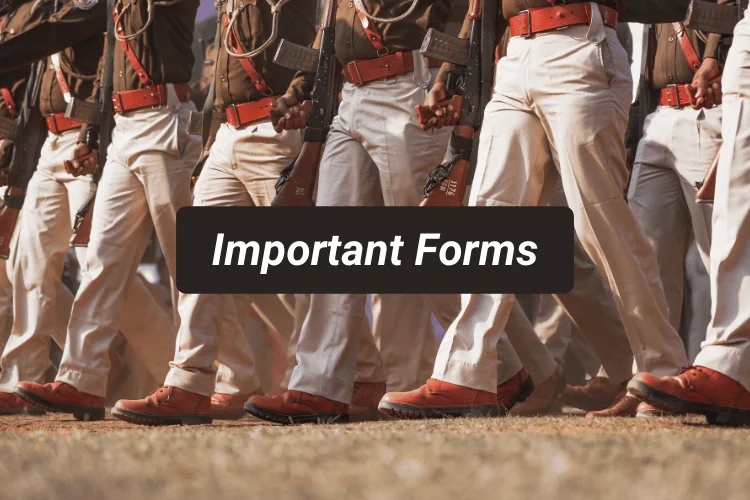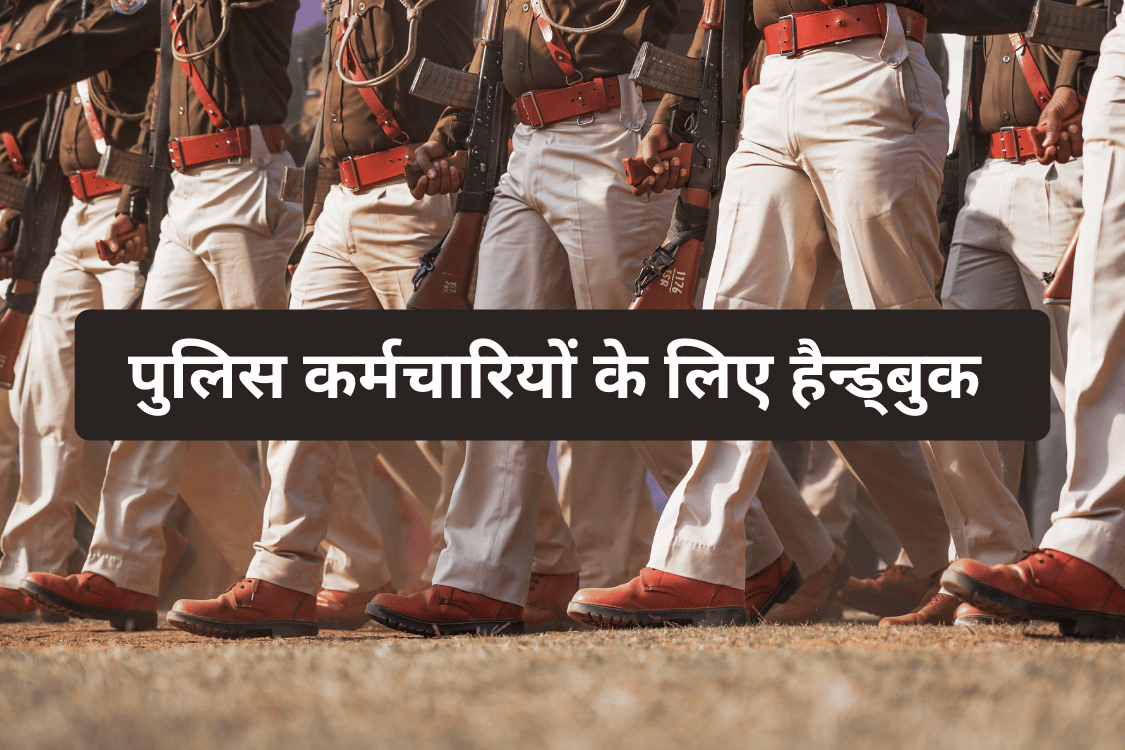WITHDRAWAL FROM PROSECUTION (SECTION 321)
INTRODUCTION
SECTION 321 Says:
The Public Prosecutor (PP) or Assistant Public Prosecutor (APP) can withdraw prosecution with the court's permission, such withdrawal has the following effect:
- Before charges are framed
- The accused shall be discharged of the offence
- After charges are framed or when no charge is required
-
- The accused shall be acquitted of the offence
However, in certain cases, the PP/APP needs permission from the Central Government to withdraw prosecution. If the offence:
- Was against any law relating to a matter to which the executive power of the Union extends
- Was investigated by Delhi Special Police
- Involves Misappropriation or damage to Central Government property
- Committed by Central Government employees in official capacity
Case Laws
Bairam Murlidhar vs State of Andhra Pradesh (2014)
It was hel in this case that Court must satisfy itself that withdrawal of prosecution serves public interest. Further , Court's role is not to weigh evidence, but to ensure:
- Consent doesn't thwart or stifle the course of law
- Consent doesn't cause manifest injustice
In this case, the Court emphasized the importance of ensuring that the withdrawal of prosecution serves the public interest and doesn't compromise the integrity of the legal process.
R.K Jain v. State through Special Police Establishment 1980 (Supreme Court Guidelines)
- Prosecution of serious offences is the Executive's responsibility.
- Withdrawal from prosecution is an executive function of the Public Prosecutor.
- Public Prosecutor's discretion to withdraw cannot be surrendered to others.
- Government may suggest withdrawal, but cannot compel Public Prosecutor.
- Public Prosecutor is an officer of the Court and responsible to the Court.
- Court has a supervisory role in granting consent to withdrawal.
- Withdrawal can be based on various grounds, including:
- Paucity of evidence
- Public justice
- Public order
- Peace
- Social, economic, and political purposes
These guidelines from the Supreme Court emphasize the importance of the Public Prosecutor's role in the withdrawal of prosecution and the Court's supervisory function in ensuring that such withdrawals serve the broader ends of public justice.
Abdul Karim vs State of Karnataka 2001 SC
Facts of the Case:
Appellant Abdul Karim's son, a police officer, was killed by Veerappan in an encounter. Veerappan abducted film star Rajkumar and demanded that all cases against him and his associates be withdrawn.
The Karnataka Government yielded to Veerappan's demands and issued notifications to withdraw all cases. The Public Prosecutor filed an application to withdraw TADA charges against Veerappan and his associates, citing the need to maintain peace and normalcy in the border area and to avoid unpleasant situations. The designated court allowed the application, and aggrieved by this , Abdul Karim appealed to the Supreme Court.
Supreme Court held that though the Government may have ordered the Prosecutor to withdraw from prosecution, it is for the Prosecutor to apply his mind independently. Sec. 321 contemplates consent by court in a supervisory and not an adjudicatory manner. It is not necessary for the court to assess the evidence to discover whether the case would end in conviction or acquittal. What it has to see is whether the Prosecutor had applied his mind in good faith after considering all material of case and application is made in public interest and justice and not to thwart and stifle the process of law. The Governments have to consider and balance between maintenance of law and order and anarchy. If Government yield to the pressure tactics of those who are to terrorise ... and overawe the elected government, people may lose faith in the democratic process, when they see public authorities flouted and the helplessness of the government.
ROLE AND RESPONSIBILITIES OF PP / COURT
Withdrawal from Prosecution: Role and Responsibility of PP/Courts
Public Prosecutor (PP):
1. Authorized to withdraw prosecution against any person accused of an offence (Section 321)
2. Decision to withdraw must be made after thorough examination of material
3. Must state in the application what material has been considered
Case Laws
S.K. Shukla vs State of UP 2006 SC
In withdrawal from prosecution the Public Prosecutor cannot act on the dictates of State Government. He has to act objectively as he is also an officer of the court. Besides, the courts are also free to assess whether prima facie is made or not.
Role and Responsibilities of Courts:
- Ensure application is made in good faith, in the interest of public policy and justice
- Ensure independent consideration by PP and good faith
- Consider all relevant circumstances to determine if withdrawal advances the cause of justice, Considerations include: Likely acquittal
- Severe harassment to accused
- Only a person with sufficient interest and acting bonafide can initiate Public Interest Litigation against withdrawal
- Courts must not allow process to be abused for oblique considerations
- Punishing the accused is essential for maintaining law and order and peace in society
- Withdrawal of prosecution should only be permitted on valid reasons.
V.L.S. Finance Ltd vs S.P. Gupta 2016
Application Under Section 321 can be Withdrawn by the Public Prosecutor The power under section 321 is to be considered as a special power to be exercised in the interest of justice.
It is for the public prosecutor to move an application to withdraw from prosecution and he also can move an application to cancel the earlier application seeking withdrawal.
Withdrawal of Criminal Cases: Two ways to withdraw a criminal case:
- Section 257: Complainant can withdraw complaint in a summon case.
- Section 321: Public Prosecutor (PP) can withdraw case under certain circumstances.
Stopping proceedings:Section 258: Magistrate can stop proceedings at any stage without pronouncing judgment.
- If principal witnesses have testified, acquittal judgment is pronounced.
- In other cases, accused is released, equivalent to discharge.
Note: Summon case refers to a criminal case initiated by a complaint, whereas a summons case instituted otherwise than upon complaint refers to a case initiated by the police or other authorities.
Case Law
Govt. of NCT Delhi vs Preet Public School 1998
The Delhi High Court listed 10 grounds for withdrawal of prosecution by the Public Prosecutor, emerging from Supreme Court decisions:
-
- Public peace
- Public justice
- Local security
- Halting vexatious prosecution
- Public policy
- Law and order
- Social harmony
- State expediency
- Injustice to the accused
- Similar cognate grounds
Withdrawal may be permitted under Section 321 for peace and security, but not solely due to inability to secure a conviction.
CONCLUSION
The withdrawal of prosecution is a crucial aspect of the criminal justice system, allowing for the termination of a case under specific circumstances. Guided by Section 321 of the CrPC and Supreme Court decisions, the Public Prosecutor can withdraw a case in the interest of public peace, justice, and security. This discretionary power must be exercised judiciously, considering factors like promoting social harmony, halting vexatious prosecution, and preventing injustice to the accused. While withdrawal is not permitted solely due to the inability to secure a conviction, it serves as a vital tool for maintaining balance and fairness in the legal process. Ultimately, the withdrawal of prosecution strikes a balance between upholding the law and advancing the greater good.
"Empowering your legal journey, one resource at a time. Welcome to Vidhoon, your trusted hub for
comprehensive law notes, practical guidance, and expert support.
Explore, learn, and succeed with us!







